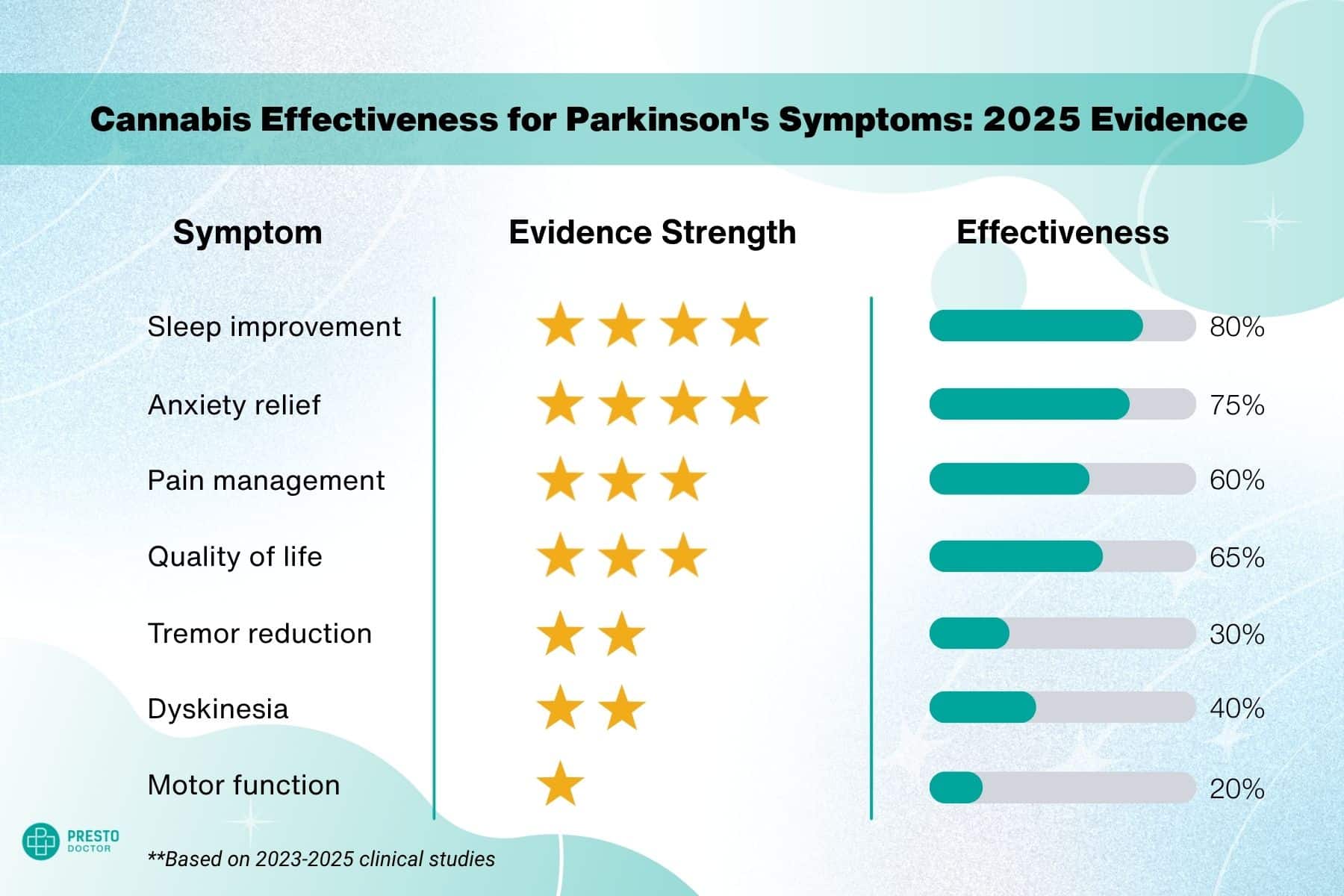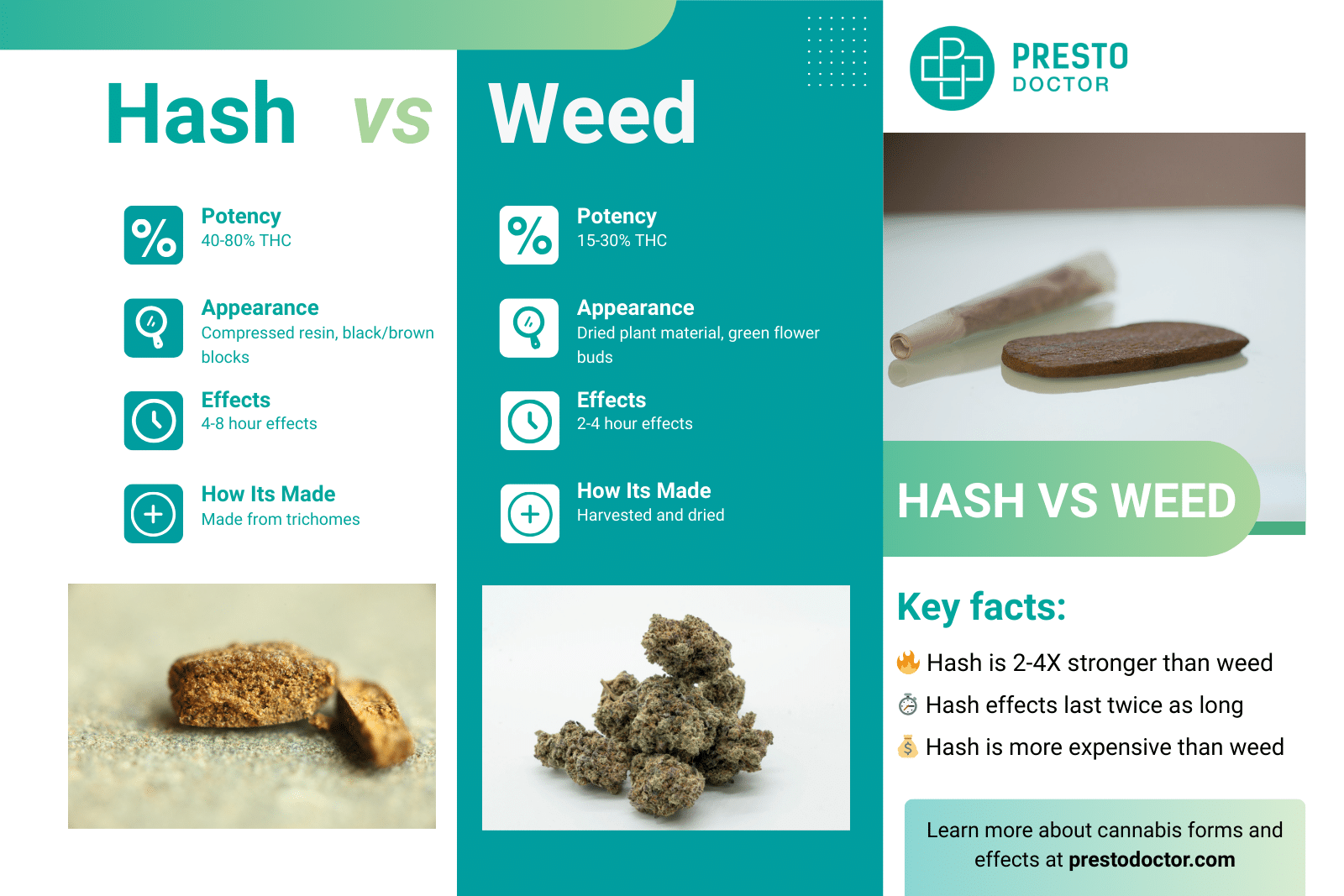
As the legalization and acceptance of marijuana increase worldwide, researchers are more focused than ever on its long-term health implications. One critical area of study is how marijuana impacts epigenetics—the science of genetic changes from cannabis use that do not involve alterations to the underlying DNA sequence. Epigenetic biomarkers of cannabis use, such as marijuana DNA methylation, have been identified as key indicators of how cannabis exposure can influence gene expression. These changes can have profound and lasting effects on health, affecting not only the individual but potentially future generations as well. This article delves into the latest research on marijuana-induced epigenetic changes, their mechanisms, health implications, and future directions.
Understanding Epigenetic Changes
Epigenetics refers to modifications in gene expression without altering the DNA sequence. These changes are primarily caused by environmental factors, including substance exposure. Two key types of epigenetic modifications are DNA methylation and histone modification. DNA methylation involves adding a methyl group to DNA molecules, often leading to gene silencing. Histone modification, on the other hand, involves changes to histone proteins, affecting how tightly DNA is wound and whether genes are expressed or repressed. Environmental exposures, including marijuana, can trigger these epigenetic alterations, resulting in various health effects.
Mechanisms of Marijuana-Induced Epigenetic Changes
The psychoactive compound in marijuana, tetrahydrocannabinol (THC), can profoundly influence the brain and body. One of the primary mechanisms through which marijuana alters gene expression is DNA methylation. THC exposure has been shown to increase DNA methylation at specific genetic loci, silencing gene expression in regions associated with cognitive function and addiction. Additionally, marijuana exposure can cause histone modifications that either activate or repress genes. These changes are particularly pronounced during critical developmental periods, such as adolescence and pregnancy.
Evidence of Epigenetic Changes from Marijuana Use
Numerous studies have linked marijuana use to DNA methylation changes. Genome-wide association studies have identified altered methylation patterns in genes related to neurodevelopment, cellular processes, and addiction. For instance, chronic marijuana use is associated with methylation changes at genes like DRD2, COMT, and NCAM1, which are involved in dopamine signaling and neural function. While some changes may reverse with abstinence, others appear persistent, highlighting the need for more research on their long-term implications.
Researchers have increasingly focused on identifying epigenetic biomarkers of cannabis use to understand how marijuana exposure affects gene expression over time. These cannabis epigenetic markers serve as molecular indicators of changes that may persist long after use has ceased. Scientists have uncovered several biomolecular markers of marijuana exposure, highlighting epigenetic traces of marijuana use that can impact brain function, reproduction, and also mental health. Some of these epigenetic signatures linked to marijuana include DNA methylation changes and histone modifications, which can influence genetic pathways associated with addiction and neurodevelopment. The discovery of these cannabis-associated epigenetic biomarkers underscores the need for continued research into how marijuana alters the human epigenome and also the potential long-term health implications.
Genetic Changes From Cannabis Use
Understanding the genetic changes from cannabis use is crucial as research continues to uncover how marijuana exposure influences gene expression. Studies have demonstrated that prolonged use can lead to cannabis-induced genetic modifications, including alterations in DNA methylation and histone modification. These changes can impact genes involved in brain function, addiction pathways, and even reproductive health. Scientists have identified specific genetic alterations linked to marijuana that may increase the risk of mental health disorders, such as schizophrenia and depression. Moreover, the genetic impact of marijuana use may extend across generations, raising concerns about transgenerational inheritance. As researchers continue to investigate, the significance of genetic changes caused by cannabis use and exposure becomes increasingly evident, highlighting the need for public health awareness.
Brain Function and Mental Health Implications
Marijuana-induced epigenetic changes significantly impact brain function, particularly in regions like the nucleus accumbens and prefrontal cortex. These changes may alter reward processing and increase susceptibility to addiction and mental health disorders such as schizophrenia and depression. Persistent methylation patterns can affect the expression of dopamine-related genes, leading to altered emotional regulation and cognitive deficits.
High-Potency Cannabis and Epigenetic Signatures
High-potency marijuana, defined by its elevated THC content, has a correlation with more pronounced epigenetic changes. Research shows that frequent use of high-THC strains can alter DNA methylation at genes involved in mitochondrial function and immune response. This can increase the risk of psychosis and other mental health disorders, making it crucial to distinguish between high-potency and regular marijuana use.
Cross-Generational Effects of Cannabis Epigenetics
Marijuana-induced epigenetic changes do not only affect invidual users. Studies on both human and animal models indicate that these alterations are inheritable offspring. For example, paternal marijuana exposure has a connection to DNA methylation changes in sperm, potentially passing on altered gene expression to subsequent generations. This raises concerns about long-term public health impacts, especially as legalization becomes more widespread.
Prenatal and Adolescent Exposure to Cannabis
Exposure to marijuana during pregnancy or adolescence has significant epigenetic implications. Prenatal THC exposure has a connection with altered methylation in genes related to neurodevelopment, leading to cognitive and behavioral deficits in offspring. Similarly, adolescent marijuana use can disrupt gene expression in the brain, increasing the risk of addiction and mental health issues later in life.
Paternal Epigenetic Effects of Cannabis Use
Marijuana use in men can alter sperm DNA methylation, affecting genes crucial for development and reproduction. These changes may persist even after cessation, raising concerns about fertility and the health of future generations. Studies indicate that offspring of men who use marijuana may face increased risks of cognitive impairments and psychiatric disorders.
Cumulative Cannabis Use and Epigenetic Alterations
Long-term and heavy marijuana use can accumulate epigenetic changes over time. Research shows that adults with a history of extensive marijuana use exhibit altered DNA methylation patterns at numerous loci, which may predispose them to mental health disorders, including schizophrenia and depression. Genome-wide studies highlight disruptions in gene expression related to cell survival and synaptic function.
Mechanisms Behind Cross-Generational Transmission
The transmission of epigenetic changes from parent to offspring involves histone modifications and non-coding RNA mechanisms. These molecular changes can persist through meiosis, allowing altered gene expression patterns to pass to subsequent generations. Epigenetic resilience may vary depending on genetic background and environmental factors.
Ethical Considerations and Public Health Implications
As marijuana legalization expands, public health strategies must address the epigenetic risks associated with its use. Educating users about potential long-term and cross-generational effects is vital. Policymakers should consider incorporating epigenetic research findings into public awareness campaigns and regulatory frameworks.
Future Research Directions and Potential Interventions
There is an urgent need for long-term epidemiological studies to track epigenetic changes related to marijuana use over generations. Developing interventions that reverse harmful epigenetic alterations could help mitigate risks.
Conclusion
Research into marijuana-induced epigenetic changes reveals complex interactions between THC exposure and gene expression. These changes may affect not only users but also future generations, raising ethical and public health concerns. As legalization progresses, it is vital to approach marijuana use with caution, considering both individual and societal impacts.
FAQs
DNA and Epigenetic Modifications
No, marijuana use itself does not change the DNA sequence, but it can cause epigenetic modifications that alter gene expression. These changes can be persistent and potentially passed on to future generations.
Some cannabis-induced epigenetic changes may be reversible, particularly if usage ceases early on. However, the persistence of changes largely depends on factors like dosage, duration, and individual susceptibility.
Yes, research reveals that cannabis-induced epigenetic changes, especially those affecting sperm DNA, can be inheriable. This means that the offspring of users might also exhibit altered gene expression.
Genetic predisposition plays a role, as certain gene variants make individuals more susceptible to cannabis-induced epigenetic changes and their subsequent health effects.
Yes, biomarkers for cannabis epigenetic changes include methylation changes at specific genes such as DRD2, COMT, and NCAM1. These biomarkers can indicate altered gene expression linked to cannabis exposure.
Emerging therapies targeting epigenetic modification, like histone deacetylase inhibitors, show potential. However, more research is necessary to develop targeted treatments to reverse harmful changes.
Mental Health and Addiction Risks
Long-term mental health risks include an increased likelihood of developing conditions like schizophrenia, depression, anxiety, and addiction. These risks are amplified with prolonged and heavy use.
Yes, epigenetic changes in genes related to reward processing and dopamine signaling can heighten the risk of developing addictive behaviors, particularly with chronic use.
Disorders most commonly linked include schizophrenia, depression, bipolar disorder, and anxiety. Epigenetic changes in genes related to dopamine signaling and neural function are often implicated.
Genetic Impact and Mechanisms
Some commonly affected genes include DRD2, COMT, and NCAM1, which are involved in dopamine signaling, neural function, and cognitive processes. DNA methylation changes at these sites can alter brain function and behavior.
Cannabis can affect sperm DNA methylation, altering genes linked to reproduction and development. These changes may impair fertility and affect the health of future offspring.
Yes, THC and CBD have different effects on gene expression. THC tends to induce changes related to addiction and mental health, while CBD may counteract some of THC’s adverse effects and exhibit neuroprotective properties.
Cross-Generational and Vulnerable Populations
Yes, studies have demonstrated that cannabis-induced changes in DNA methylation and histone modification can be transmitted to offspring, potentially influencing their risk of mental health disorders.
Adolescents and pregnant women are most vulnerable due to the heightened sensitivity of the developing brain and reproductive cells during these periods.
Yes, prenatal exposure can alter gene expression patterns related to brain development, leading to cognitive impairments and behavioral problems that may persist throughout life.
Prevention and Healthcare Strategies
The threshold for safe use remains uncertain, but even moderate use can induce epigenetic changes, particularly in vulnerable individuals or during critical developmental periods like adolescence.
Healthcare providers should educate patients on the potential long-term impacts of cannabis use, particularly regarding mental health and reproductive risks, and advocate for moderation or abstinence when necessary.
Reducing cannabis use, particularly during adolescence and pregnancy, is key. Educating the public about the risks and promoting responsible use are also essential preventive measures.
Risk Mitigation and Public Health
Avoiding high-potency products, limiting use frequency, and quitting if possible are practical approaches. Additionally, maintaining overall mental and physical health may help reduce the impact of epigenetic changes.
High-potency cannabis, which contains elevated levels of THC, is associated with more significant epigenetic changes. These alterations are often linked to genes involved in mitochondrial function and immune response, increasing the risk of mental health issues.






